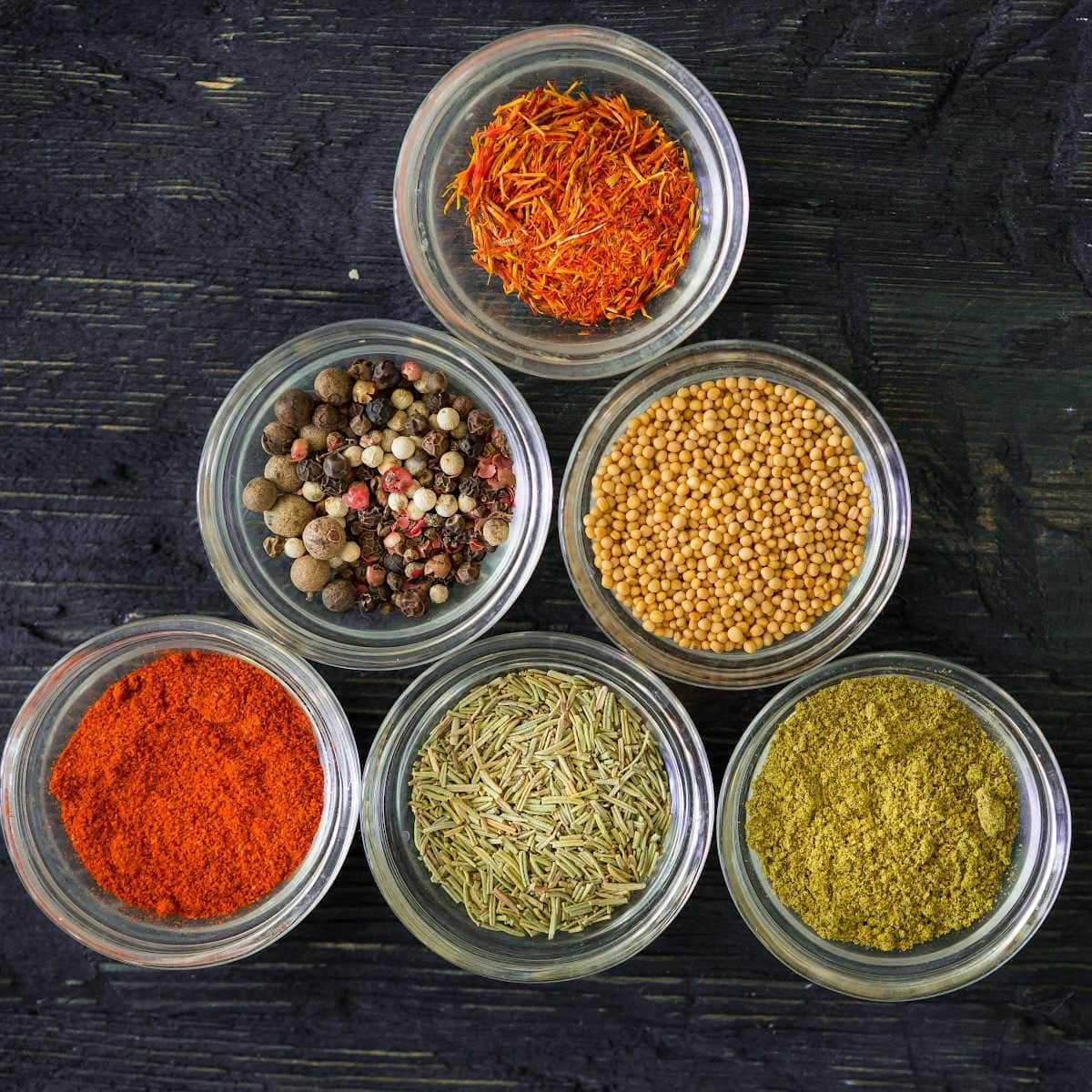

Articles
How To Store Herbs And Spices
Modified: August 17, 2024
Discover tips and tricks for storing herbs and spices in this informative article. Keep your spices fresh and flavorful for longer with these expert tips.
(Many of the links in this article redirect to a specific reviewed product. Your purchase of these products through affiliate links helps to generate commission for Storables.com, at no extra cost. Learn more)
Introduction
Herbs and spices play a vital role in adding flavor and aroma to our favorite dishes. Whether it’s the warmth of cinnamon in a baked apple pie or the freshness of basil in a pasta sauce, these ingredients have the power to elevate the taste of any meal. However, to fully enjoy the flavors and health benefits, proper storage is essential.
Improper storage can lead to loss of potency, flavor degradation, and even spoilage. To make the most of your herbs and spices and ensure they stay fresh as long as possible, it’s important to implement effective storage techniques.
In this article, we will explore the best practices for storing herbs and spices, including choosing the right containers, controlling temperature and humidity, avoiding exposure to light, and minimizing air exposure. We will also discuss popular storage methods and provide tips for extending the shelf life of your herbs and spices.
Key Takeaways:
- Proper storage techniques are crucial for preserving the flavor and aroma of herbs and spices. Choosing the right containers, controlling temperature and humidity, and organizing and labeling are key factors for maintaining their quality.
- Using whole spices instead of pre-ground and keeping track of storage dates can help extend the shelf life and ensure the freshness of herbs and spices. Storing them individually also preserves their distinct flavors and prevents cross-contamination.
Read more: How To Store Dried Herbs Long Term
Proper Storage Techniques
To keep your herbs and spices fresh and flavorful, it’s crucial to implement proper storage techniques. Here are five key factors to consider:
- Choosing the Right Containers: Opt for airtight containers made of glass or tin. These materials help preserve the flavor and aroma of your herbs and spices, while also protecting them from moisture and air exposure.
- Controlling Temperature and Humidity: Herbs and spices are best stored in a cool, dry place away from direct sunlight. High temperatures and humidity can accelerate flavor loss and potentially lead to mold or spoilage. Avoid storing them near the stove or in the refrigerator, as temperature fluctuations can occur.
- Avoiding Exposure to Light: Light can cause herbs and spices to deteriorate faster, so it’s important to store them in opaque containers or in a dark cupboard. Avoid keeping them in clear or transparent jars, as they allow light to penetrate.
- Minimizing Air Exposure: Air exposure can lead to oxidation and loss of flavor. When using your herbs and spices, make sure to tightly seal the containers immediately after each use. Consider investing in containers with airtight lids or using vacuum-sealed bags for optimal freshness.
- Organizing and Labeling: Keeping your herbs and spices organized will not only make it easier to find what you need but also help you keep track of their freshness. Use labels to mark the name of the herb or spice and the date of purchase or expiration. This way, you can ensure you’re using them before they lose their potency.
By following these proper storage techniques, you can preserve the flavor, aroma, and quality of your herbs and spices for an extended period.
Choosing the Right Containers
The choice of containers is crucial when it comes to storing herbs and spices. Here are some factors to consider:
- Material: Opt for glass or tin containers. These materials are non-reactive and do not leach any unwanted flavors or chemicals into your herbs and spices.
- Airtightness: Look for containers with airtight seals or lids. This ensures that moisture and air do not enter, which can lead to flavor loss, oxidation, and even spoilage.
- Size: Choose containers that are appropriately sized for the amount of herbs and spices you plan to store. It’s best to have containers that are not too big, as a larger air space can expedite flavor deterioration.
- Opacity: Opt for opaque or dark-colored containers. This helps to protect your herbs and spices from exposure to light, which can degrade their flavor and potency.
When selecting containers, you may consider repurposing glass jars from other food products or investing in specialized spice jars or containers. Glass jars with tight-sealing lids work well, as they are widely available and allow you to see the contents inside. Tin containers with airtight lids can also be a great option, providing an extra layer of protection against light and air.
Remember to thoroughly clean and dry your containers before transferring your herbs and spices to prevent any contamination or moisture buildup. Properly sealed and labeled containers will help ensure that your herbs and spices retain their freshness, aroma, and flavor.
Controlling Temperature and Humidity
The storage environment has a significant impact on the quality and longevity of your herbs and spices. Here’s how to maintain the ideal temperature and humidity:
- Cool Temperature: Herbs and spices should be stored in a cool location, ideally between 50°F (10°C) to 70°F (21°C). Avoid storing them near heat sources such as stoves, ovens, or direct sunlight, as high temperatures can accelerate flavor deterioration.
- Dry Environment: Moisture is the enemy when it comes to herb and spice storage. Excess humidity can promote mold growth and spoilage. Choose a storage area with low humidity, such as a pantry or cupboard away from the sink or dishwasher.
- Avoid Refrigeration: While refrigeration can be effective for some food items, it’s typically not recommended for herbs and spices. The moisture and fluctuating temperatures inside the fridge can cause herbs to wilt and spices to clump together, resulting in loss of flavor and quality.
By controlling the temperature and humidity, you can preserve the flavor and aroma of your herbs and spices for a longer period. A dark, cool, and dry storage environment will provide optimal conditions for maintaining the quality of your herbs and spices.
Avoiding Exposure to Light
Exposure to light can have a detrimental effect on the flavor, color, and aroma of herbs and spices. Here’s how to protect them from light:
- Opaque Containers: Store your herbs and spices in opaque containers, such as glass jars or tins. These containers block out light and help to maintain the quality of your ingredients.
- Dark Storage Area: Find a dark storage area, such as a pantry or cupboard, where your herbs and spices can be shielded from direct sunlight. Avoid placing them near windows or other sources of natural light.
- Label Placement: If you prefer using clear or transparent containers, attach labels directly to the container lids rather than the sides. This way, the labels can help block out light and protect the contents inside.
Light exposure can cause the breakdown of essential oils in herbs and spices, leading to flavor degradation and diminished potency. By keeping them stored in a dark environment and using light-blocking containers, you can extend their shelf life and retain their vibrant flavors.
Read more: How To Store Herbs
Minimizing Air Exposure
Exposure to air can cause herbs and spices to lose their flavor, aroma, and potency over time. Follow these tips to minimize air exposure:
- Tightly Seal Containers: After each use, make sure to tightly seal your herb and spice containers. This helps to prevent air from entering and oxidizing the ingredients.
- Choose Airtight Containers: Opt for containers with airtight seals or lids. These containers create a barrier against air, helping to maintain the freshness and quality of your herbs and spices.
- Use Vacuum-Sealed Bags: Consider using vacuum-sealed bags for storing larger quantities of herbs and spices. These bags can remove excess air, keeping the ingredients protected and preserving their flavors for an extended period.
It’s important to note that proper storage techniques can help slow down the oxidation process, but herbs and spices will naturally lose some flavor and potency over time. To get the best results, try to use your herbs and spices within their recommended shelf life.
By minimizing air exposure, you can help preserve the freshness and flavor of your herbs and spices, allowing you to enjoy their full potential in your culinary creations.
Organizing and Labeling
Proper organization and labeling of your herbs and spices not only make it easier to find what you need but also help you keep track of their freshness. Here’s how to effectively organize and label your collection:
- Categorize by Type: Group your herbs and spices by type or cuisine. This makes it simpler to locate specific ingredients when you’re cooking.
- Use Clear Labels: Clearly label your containers with the name of the herb or spice using waterproof and easy-to-read labels. This ensures you can quickly identify each ingredient and avoid confusion.
- Include Purchase or Expiration Dates: Add the purchase or expiration dates to your labels. This helps you keep track of the freshness of your herbs and spices and ensures you use them before they lose their potency.
- Arrange in Order: Arrange your herbs and spices in alphabetical order or based on frequency of use. This organization method allows for easy access and helps you maintain an inventory of what you have on hand.
- Utilize Spice Racks or Drawers: Invest in spice racks or drawers to keep your containers organized and easily accessible. These storage solutions can save space and make it convenient for you to locate and use your herbs and spices.
By implementing effective organization and labeling practices, you can streamline your cooking process, prevent ingredient mix-ups, and ensure you use your herbs and spices before their flavor diminishes.
Remember to regularly check your herbs and spices for any signs of spoilage or loss of potency, and discard them if necessary. Keeping your storage area clean and organized will contribute to prolonging the freshness and quality of your herbs and spices.
Popular Storage Methods
When it comes to storing herbs and spices, there are various methods to choose from. Here are five popular storage methods:
- Glass Jars or Containers: Glass jars or containers with tight-fitting lids are a classic and widely used storage option. They provide airtight protection and allow you to see the contents inside. Choose opaque or dark-colored jars to keep light out.
- Airtight Spice Containers: Specialized spice containers with airtight seals are designed specifically for storing herbs and spices. These containers often come with adjustable shaker tops or pour spouts for easy measuring and dispensing.
- Spice Racks and Drawers: Spice racks and drawers are a convenient way to store and organize your herbs and spices. These storage solutions keep everything easily accessible and can be mounted on the wall or placed on countertops.
- Magnetic Spice Tins: Magnetic spice tins are a unique and space-saving option. These small tins can be attached to a metal surface, such as the inside of a cabinet door or the side of the refrigerator, keeping your herbs and spices within reach.
- Freezing or Drying Herbs: If you have an abundance of fresh herbs, freezing or drying them can be a great way to extend their shelf life. Freezing herbs in ice cube trays with a little water or oil can preserve their flavors, while drying herbs allows you to enjoy them even when they’re out of season.
Ultimately, the best storage method will depend on your personal preferences and the amount of space you have available. Consider the convenience, accessibility, and protection from air, light, and moisture when choosing your storage method.
Experiment with different options to find the storage method that works best for you and helps you maintain the freshness and quality of your herbs and spices for longer periods.
Glass Jars or Containers
Glass jars or containers with tight-fitting lids are a popular and effective storage method for herbs and spices. Here’s why:
- Airtight Protection: Glass jars provide airtight protection, keeping moisture and air out and preserving the flavor and aroma of your herbs and spices. The tight-fitting lids ensure a secure seal, preventing any contamination or exposure to external elements.
- Transparency: Clear glass jars allow you to easily see the contents inside, making it convenient to identify and locate specific herbs and spices without having to open each container. This is especially useful if you have a large collection.
- Protection from Light: While clear glass may not provide complete light protection, it still offers some shielding from direct sunlight. However, if you’re concerned about light exposure, consider using opaque or dark-colored glass jars to further protect your herbs and spices.
- Versatility: Glass jars come in various sizes and shapes, allowing you to choose the ones that best suit your needs. Whether you need small jars for individual spices or larger jars for bulk storage, you can find options that fit your requirements.
- Reusable and Eco-Friendly: Glass jars are reusable and environmentally friendly. By using glass containers for your herbs and spices, you can reduce waste from disposable packaging and contribute to a more sustainable lifestyle.
When using glass jars or containers for herb and spice storage, it’s important to properly clean them before transferring your ingredients. A thorough cleaning removes any residues and ensures a fresh start for your collection. Additionally, label each jar with the name of the herb or spice to easily identify its contents.
For optimal results, store your glass jars in a cool, dark place away from heat sources and direct sunlight. These precautions will help maintain the flavor, aroma, and quality of your herbs and spices, allowing you to enjoy their full potential in your culinary creations.
Read more: How To Store Fresh Herbs In Fridge
Airtight Spice Containers
Airtight spice containers are specifically designed to provide optimal storage conditions for herbs and spices. Here’s why they are a popular choice:
- Airtight Seal: Airtight spice containers feature lids that create a tight seal, preventing air and moisture from entering the container. This helps to preserve the flavor, aroma, and potency of your herbs and spices for a longer period.
- Prevent Spillage and Clumping: The airtight seal also prevents any accidental spillage or clumping of your herbs and spices. This ensures that the ingredients remain in their original form, making it easier to measure and use them in your culinary endeavors.
- Shaker Tops and Pour Spouts: Many airtight spice containers come with handy shaker tops or pour spouts. These features allow you to sprinkle or pour out the desired amount of herbs and spices without the need for additional utensils. It provides convenience and accurate portion control.
- Compact and Space-Saving: Airtight spice containers are typically designed to be compact and stackable, saving valuable space in your kitchen or pantry. Their uniform shape and size make them easy to store and organize, ensuring easy access to your collection of herbs and spices.
- Durability: Most airtight spice containers are made from durable materials such as BPA-free plastic or stainless steel, ensuring long-lasting use. They are resistant to stains, odors, and scratches, making them a reliable choice for storing your herbs and spices.
Airtight spice containers offer convenience, freshness, and protection for your valuable herbs and spices. They provide an excellent storage solution, keeping your ingredients in optimal condition and readily available for all your culinary endeavors.
When choosing airtight spice containers, consider factors such as the size, quality of materials, and ease of use. Look for reputable brands that offer containers with reliable seals and functional designs to ensure the best storage experience.
By investing in airtight containers, you can keep your herbs and spices at their peak freshness, allowing you to infuse your dishes with incredible flavors and aromas.
Store herbs and spices in a cool, dark place to maintain their flavor and potency. Avoid storing them near heat sources or in direct sunlight.
Spice Racks and Drawers
Spice racks and drawers are a convenient and space-saving storage option for your herb and spice collection. Here’s why they are a popular choice:
- Organization: Spice racks and drawers allow you to keep your herbs and spices neatly organized and easily accessible. With designated compartments or slots, you can categorize your ingredients by type or cuisine, making it effortless to find and grab what you need while cooking.
- Convenient Accessibility: Having your herbs and spices stored in a spice rack or drawer ensures that they are within arm’s reach when you’re in the midst of cooking. This saves you time and effort, eliminating the need to search through cabinets or drawers to find the right ingredient.
- Space-Saving: Spice racks and drawers are designed to maximize space utilization. They can fit neatly on countertops, hang on walls, or even be mounted on the inside of cabinet doors. These options help free up valuable space in your kitchen and keep your herbs and spices easily accessible.
- Preservation of Freshness: Spice racks and drawers often come with features such as airtight lids or compartments that help protect your herbs and spices from air, light, and moisture. This helps to maintain their freshness, flavor, and aroma for a longer period.
- Visual Appeal: Spice racks can add a decorative element to your kitchen. They come in various designs, materials, and colors, allowing you to choose one that complements your kitchen decor. A beautifully displayed spice rack can also serve as an eye-catching focal point in your culinary space.
When selecting a spice rack or drawer, consider the amount of space you have available and the size of your herb and spice collection. Look for sturdy and durable options that provide easy access and proper storage conditions, ensuring the longevity of your ingredients.
Keep in mind that while spice racks and drawers offer convenience and organization, it’s still important to follow proper storage techniques such as keeping herbs and spices away from heat sources and light exposure. This will help maintain the quality and flavor of your herbs and spices over time.
By utilizing spice racks or drawers in your kitchen, you can streamline your cooking process, create an orderly and visually appealing space, and have your favorite herbs and spices readily available whenever inspiration strikes.
Magnetic Spice Tins
Magnetic spice tins offer a unique and space-saving storage solution for herbs and spices. Here’s why they are a popular choice:
- Space-Saving: Magnetic spice tins can be attached to any metal surface, such as the inside of a cabinet door or the side of a refrigerator, utilizing unused space in your kitchen. This frees up valuable countertop and cabinet space, making them an ideal storage option for small kitchens.
- Easy Accessibility: With magnetic spice tins, your herbs and spices are always within reach. You can simply open the cabinet door or reach out to the side of your refrigerator and grab the tin you need without rummaging through shelves or drawers.
- Customizable: Magnetic spice tins are often sold individually, allowing you to customize your collection according to your specific needs. This flexibility gives you control over the number and types of herbs and spices you want to store, maximizing your storage space.
- Visibility: The clear lids commonly found on magnetic spice tins allow you to easily identify the contents inside. This eliminates the need to open each tin to find the herb or spice you are looking for, saving you time and effort in the kitchen.
- Secure Closure: Magnetic spice tins typically have a strong magnet on the back and a tight-fitting lid, ensuring that your herbs and spices stay in place and are protected from air, light, and moisture. This helps to preserve their freshness and flavor.
When using magnetic spice tins, it’s essential to consider the weight of the tins and the strength of the magnet. Make sure the magnet is strong enough to securely hold the tins and prevent them from falling off the surface.
Label each tin with the name of the herb or spice using waterproof and easy-to-read labels. This will help you quickly identify the ingredients and maintain an organized spice collection.
With their space-saving design and easy accessibility, magnetic spice tins bring functionality, convenience, and style to your kitchen. They are a creative and efficient way to store your herbs and spices while making a unique statement in your culinary space.
Freezing or Drying Herbs
Freezing or drying herbs is a fantastic storage method for those who have an abundance of fresh herbs or want to preserve their herbs for extended periods. Here’s why freezing or drying herbs is a popular choice:
- Long-Term Storage: Freezing or drying herbs allows you to extend their shelf life significantly. By preserving them in these ways, you can enjoy the flavors and aromas of fresh herbs even when they are out of season.
- Retention of Flavor: Both freezing and drying methods can help to preserve the flavors of herbs. While frozen herbs retain their fresh taste, dried herbs develop a concentrated flavor that can be intensified during cooking.
- Convenience: Frozen or dried herbs are readily available whenever you need them, eliminating the need for frequent grocery store trips for fresh herbs. This convenience allows you to add herbs to your dishes year-round without compromising taste and quality.
- Flexible Usage: Frozen herbs can be easily added directly to your cooking without thawing, making them ideal for soups, stews, and sauces. Dried herbs are perfect for long-cooking dishes, marinades, and spice blends.
- Preservation of Nutrients: When freezing or drying herbs at their peak freshness, you lock in the essential nutrients that they contain. This ensures that you still benefit from the health-promoting properties of herbs even after the drying or freezing process.
For freezing herbs, wash and dry them thoroughly, remove any tough stems, and place them in airtight freezer bags or ice cube trays with a little water or oil. Freezing herbs in oil can also be a great option, providing flavor-infused oil for cooking.
Drying herbs can be done by hanging them in a well-ventilated area, using a dehydrator, or using an oven on low heat. Once dried, crumble or grind the herbs and store them in airtight containers away from light and heat.
Remember to label your frozen or dried herbs with the name and date to ensure proper usage and to maintain an organized collection.
By freezing or drying herbs, you can savor the flavors, aromas, and health benefits of fresh herbs throughout the year, expanding your culinary possibilities and enhancing the taste of your dishes.
Read more: How To Make Candles With Herbs
Tips for Extending Shelf Life
To maximize the shelf life and maintain the quality of your herbs and spices, here are some helpful tips:
- Proper Cleaning and Drying of Fresh Herbs: Before storing fresh herbs, ensure they are thoroughly cleaned and dried. Excess moisture can cause herbs to wilt or develop mold. Gently wash them, pat them dry, and let them air dry completely before storing.
- Using Whole Spices instead of Pre-ground: Whole spices retain their flavor and potency for longer periods compared to pre-ground spices. Consider purchasing whole spices and grinding them as needed, using a spice grinder or mortar and pestle, to enjoy the freshest flavors.
- Keeping Track of Storage Dates: Label your containers with the purchase or expiration dates of your herbs and spices. This allows you to keep track of their freshness and ensures you use them before their flavor begins to fade.
- Storing Herbs and Spices Individually: Avoid storing different herbs and spices together in the same container, as their flavors can mingle and compromise their individual qualities. It’s best to store them in separate containers to maintain their unique flavors.
Additionally, always remember the following general storage practices:
- Store in Cool and Dry Places: Choose a cool and dry storage location, away from heat sources, sunlight, and moisture. This helps to maintain the freshness and flavor of your herbs and spices.
- Avoid Direct Light Exposure: Light can hasten the degradation of herbs and spices. Store them in opaque or dark-colored containers to protect them from light exposure.
- Handle with Clean Utensils: When accessing your herbs and spices, use clean and dry utensils to prevent any contamination. Moisture, dirt, or other substances can compromise the quality and shelf life of your ingredients.
- Keep Containers Tightly Sealed: After each use, ensure the containers are tightly sealed to minimize air exposure. This helps to preserve the flavors and aromas of your herbs and spices for a longer duration.
By following these tips and implementing proper storage practices, you can extend the shelf life of your herbs and spices, ensuring that they retain their freshness, flavors, and aromas for optimal culinary experiences.
Proper Cleaning and Drying of Fresh Herbs
Properly cleaning and drying fresh herbs before storage is essential to maintain their quality and extend their shelf life. Here are some steps to follow:
- Inspect and Remove Imperfections: Before cleaning, carefully inspect the herbs and remove any wilted, discolored, or damaged leaves. These leaves can affect the overall quality and flavor of the herbs.
- Gently Wash the Herbs: Rinse the herbs under cool running water to remove any dirt, debris, or pesticides. Be gentle to avoid bruising or damaging the delicate leaves.
- Pat Dry with Paper Towels or Spin in a Salad Spinner: After washing, gently pat the herbs dry with paper towels to remove excess moisture. Alternatively, you can use a salad spinner to spin them and remove the water effectively.
- Air Dry Completely: Once the herbs are partially dried, allow them to air dry completely. This step is crucial as moisture can lead to mold and spoilage. Give the herbs some time to air dry in a well-ventilated area, away from direct sunlight.
It’s important to note that some herbs, like delicate leafy herbs (e.g., basil and cilantro), may wilt or lose flavor if stored dry. In such cases, you can consider storing them in airtight containers with a damp paper towel to maintain moisture levels.
After the herbs are completely dry, they are ready for storage. Remove any excess stems or tough parts, if desired, and transfer them to the chosen storage container, ensuring it is clean and dry.
Properly cleaning and drying fresh herbs before storage helps to remove impurities, reduce the risk of contamination, and maintain the quality and flavor of the herbs. By following these steps, you can enjoy fresh and flavorful herbs in your culinary creations for an extended period.
Using Whole Spices instead of Pre-ground
Using whole spices instead of pre-ground is a great way to elevate the flavor and extend the shelf life of your herbs and spices. Here’s why you should consider using whole spices:
- Longer Shelf Life: Whole spices have a longer shelf life compared to pre-ground spices. Grinding spices yourself as needed helps to retain their freshness, aroma, and flavor for a longer period.
- Fresher Flavor: Whole spices have a more vibrant and potent flavor compared to their ground counterparts. When whole spices are ground, their essential oils are released, resulting in a more intense and fresher flavor profile in your dishes.
- Flexibility in Cooking: Whole spices offer greater flexibility in cooking as they can be used in various forms. You can choose to use them whole in soups, stews, and braises for a milder flavor infusion, or grind them to a fine powder when a more concentrated flavor is desired.
- Custom Blend Creation: Using whole spices allows you to create your own custom spice blends. By blending whole spices according to your preference or a specific recipe, you can achieve unique and personalized flavor profiles in your cooking.
- Enhanced Aroma: The aroma of whole spices is more pronounced and vibrant compared to pre-ground spices. By grinding them yourself, you can experience the full aromatic impact of the spices, enhancing the overall sensory experience of your dishes.
When using whole spices, it’s important to grind them just before using to maximize their flavor and potency. Invest in a good quality spice grinder or use a mortar and pestle to achieve the desired consistency.
Ensure that your whole spices are stored in airtight containers away from light, heat, and moisture. This will help preserve their freshness and flavors for an extended period.
By using whole spices instead of pre-ground, you have greater control over the flavor profile of your dishes and can enjoy the vibrant and aromatic experience that freshly ground spices provide.
Keeping Track of Storage Dates
Keeping track of storage dates is a simple yet effective way to ensure that you use your herbs and spices before they lose their potency. Here’s why it’s important and how you can do it:
- Preserve Flavor and Aroma: Over time, herbs and spices gradually lose their flavor and aromatic properties. By keeping track of storage dates, you can prioritize using the ingredients that are closer to their expiration dates, ensuring that you enjoy the full flavor and aroma of your herbs and spices.
- Prevent Wasted Ingredients: Herbs and spices that have passed their expiration dates may no longer provide the desired flavors or aromas. By tracking storage dates, you can avoid using expired ingredients and prevent wasting your herbs and spices in recipes where they won’t have much impact.
- Maintain Freshness and Quality: Using herbs and spices within their optimal freshness period ensures that you enjoy the highest quality flavor in your culinary creations. Tracking storage dates allows you to rotate your herbs and spices, using older ones first to maintain a fresher and more potent collection.
- Labeling Containers: Labeling your herb and spice containers with the purchase or expiration dates is a simple and effective way to track storage dates. Use waterproof and easy-to-read labels or markers to clearly mark the dates on the containers.
- Organizing by Date: Arrange your herb and spice collection in order of their storage dates, with the ones closest to expiration at the front. This makes it easy to identify which herbs and spices need to be used sooner rather than later.
It’s important to note that while herbs and spices do not necessarily “expire” like other food items, they do experience flavor degradation over time. As a general guideline, ground spices tend to retain their full flavor for around one to two years, while whole spices can last for two to three years. However, the intensity of their flavors may lessen with time.
By keeping track of storage dates, you can ensure that you use your herbs and spices when they are at their peak flavor and freshness, enhancing the taste of your dishes and making the most of your culinary experiences.
Read more: How To Store Seasonings
Storing Herbs and Spices Individually
Storing herbs and spices individually is crucial to preserve their distinct flavors and prevent them from losing their aromatic qualities. Here’s why individual storage is important and how you can achieve it:
- Maintaining Flavor Integrity: Different herbs and spices have unique flavor profiles that can be compromised if stored together. By storing them individually, you ensure that each ingredient maintains its distinct taste, enhancing the overall flavor of your dishes.
- Preventing Cross-Contamination: Storing herbs and spices separately minimizes the risk of cross-contamination. Strongly scented spices, such as cumin or cloves, can easily permeate other herbs and spices, altering their flavors. Separating them helps preserve their individual characteristics.
- Easy Identification: Storing herbs and spices individually simplifies the process of identifying and locating specific ingredients. Clear and organized storage allows you to quickly and effortlessly find the herb or spice you need during cooking, saving you time and effort.
- Preventing Moisture Transfer: Some herbs and spices are more prone to absorbing moisture than others. Storing them separately helps prevent moisture transfer, maintaining the quality and preventing clumping or spoilage.
When it comes to individual storage, there are several methods you can follow:
- Small Airtight Containers: Use small airtight containers, such as glass jars or tins, to store each herb and spice separately. This ensures that their flavors and aromas remain isolated and protected.
- Zip-top Bags: Zip-top bags can be an economical option for individual storage, especially for larger quantities of herbs and spices. Make sure to press out excess air before sealing the bags tightly to minimize air exposure.
- Drawer Dividers or Inserts: Utilize drawer dividers or inserts to create individual compartments for each herb and spice. This method keeps them organized and prevents any mixing or cross-contamination.
Remember to label each container or bag with the name of the herb or spice to easily identify its contents. Keep your individual storage containers in a cool, dry place away from heat sources and direct light to maintain optimal freshness.
By storing herbs and spices individually, you ensure that each ingredient maintains its unique flavor and aroma, allowing you to create dishes that are bursting with the vibrant tastes and scents of high-quality herbs and spices.
Conclusion
Proper storage techniques are essential for maximizing the flavor, aroma, and shelf life of herbs and spices. By implementing the right methods, you can ensure that your culinary creations are infused with the vibrant and robust flavors that these ingredients offer.
Choosing the right containers, such as glass jars or airtight spice containers, provides the necessary protection against air, light, and moisture. Controlling temperature and humidity, as well as avoiding direct light exposure, helps to preserve the quality and potency of your herbs and spices over time.
Organizing and labeling your herb and spice collection not only simplifies the cooking process but also helps you keep track of their freshness and usage dates. Whether you opt for spice racks, magnetic tins, or other storage methods, finding a system that works for you ensures easy accessibility and efficient usage.
Additionally, freezing or drying herbs can extend their shelf life, allowing you to enjoy the flavors of fresh herbs even when they are not in season. Using whole spices instead of pre-ground variety provides a fresher and more robust flavor profile, giving your dishes an extra punch of taste.
By following these tips and storage techniques, you can extend the shelf life, maintain the quality, and elevate the flavors of your cherished herbs and spices. Always remember to observe proper cleaning, drying, and labeling practices to ensure your ingredients are fresh, safe, and easily identifiable.
So, take care of your herbs and spices, store them properly, and let their incredible flavors and aromas enhance your culinary adventures in the kitchen. With the right storage methods, your herb and spice collection will be a treasure trove of ingredients, adding a sprinkle of magic to every dish you create.
Frequently Asked Questions about How To Store Herbs And Spices
Was this page helpful?
At Storables.com, we guarantee accurate and reliable information. Our content, validated by Expert Board Contributors, is crafted following stringent Editorial Policies. We're committed to providing you with well-researched, expert-backed insights for all your informational needs.
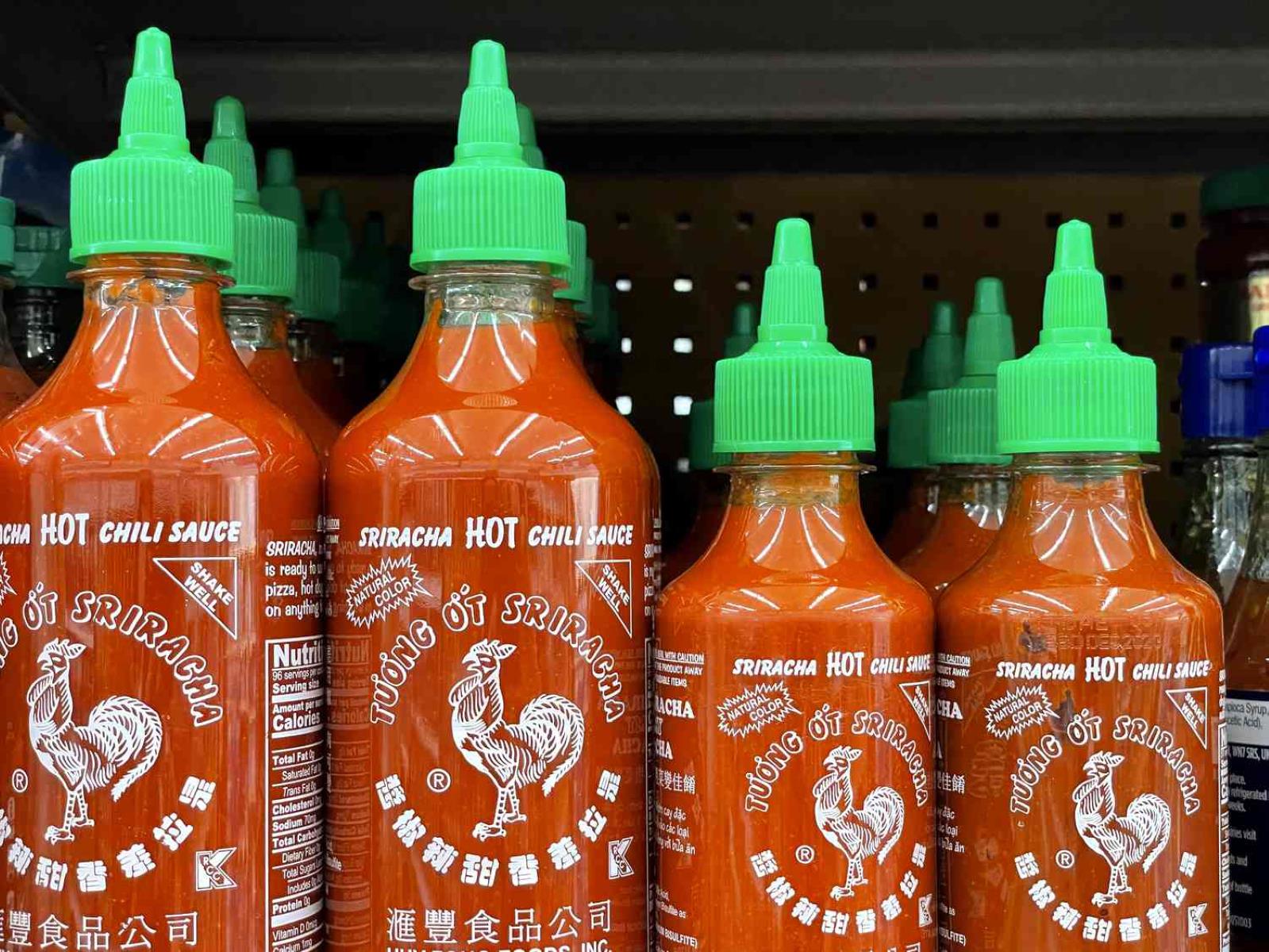
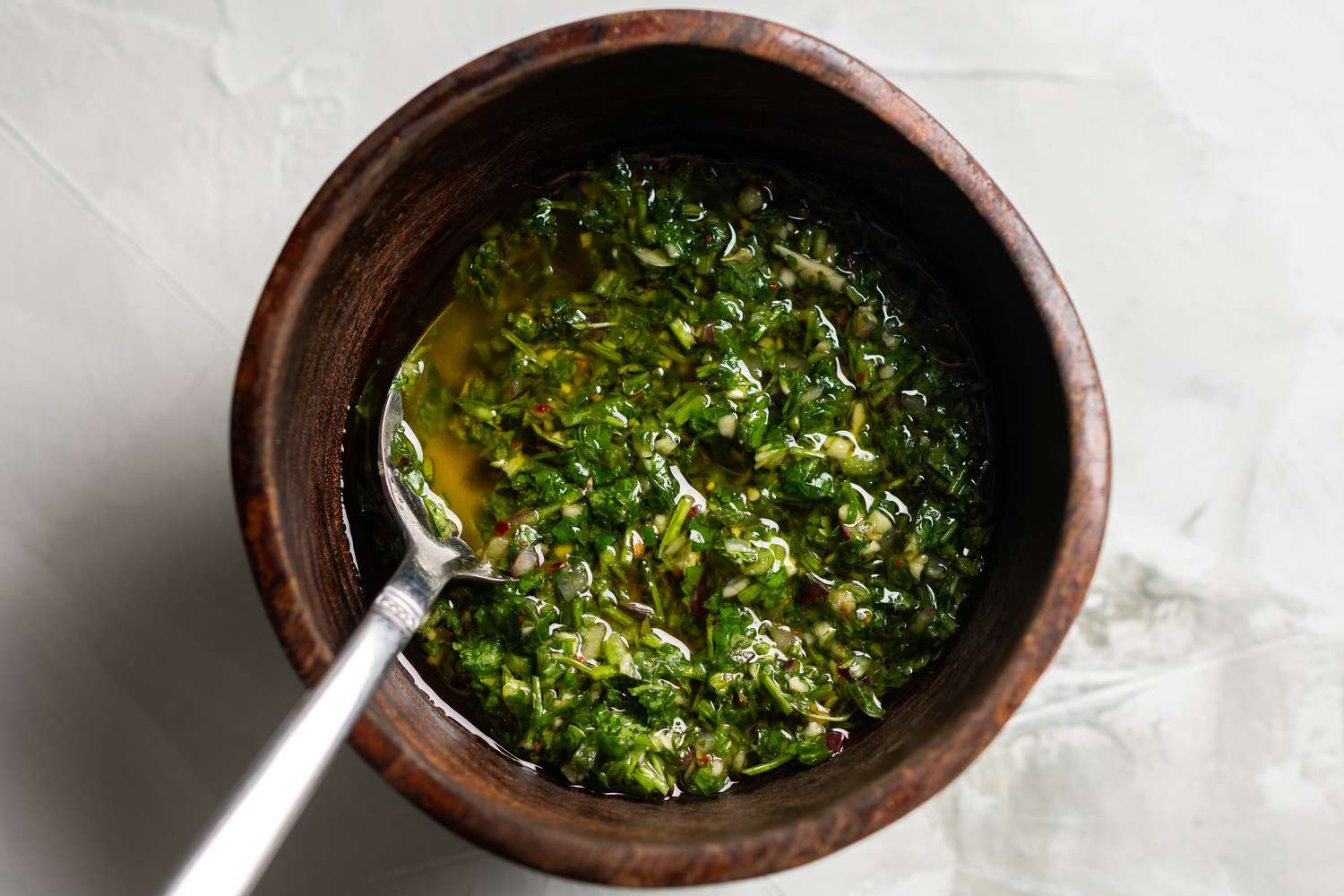
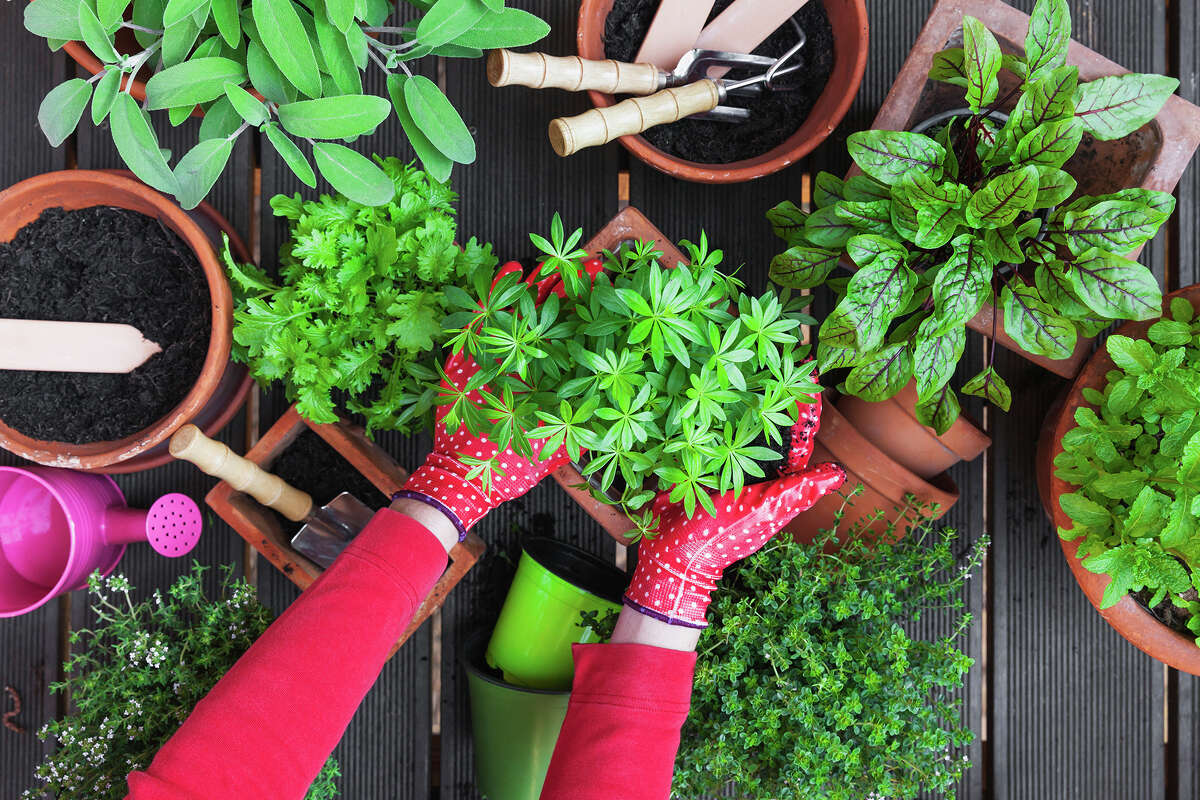
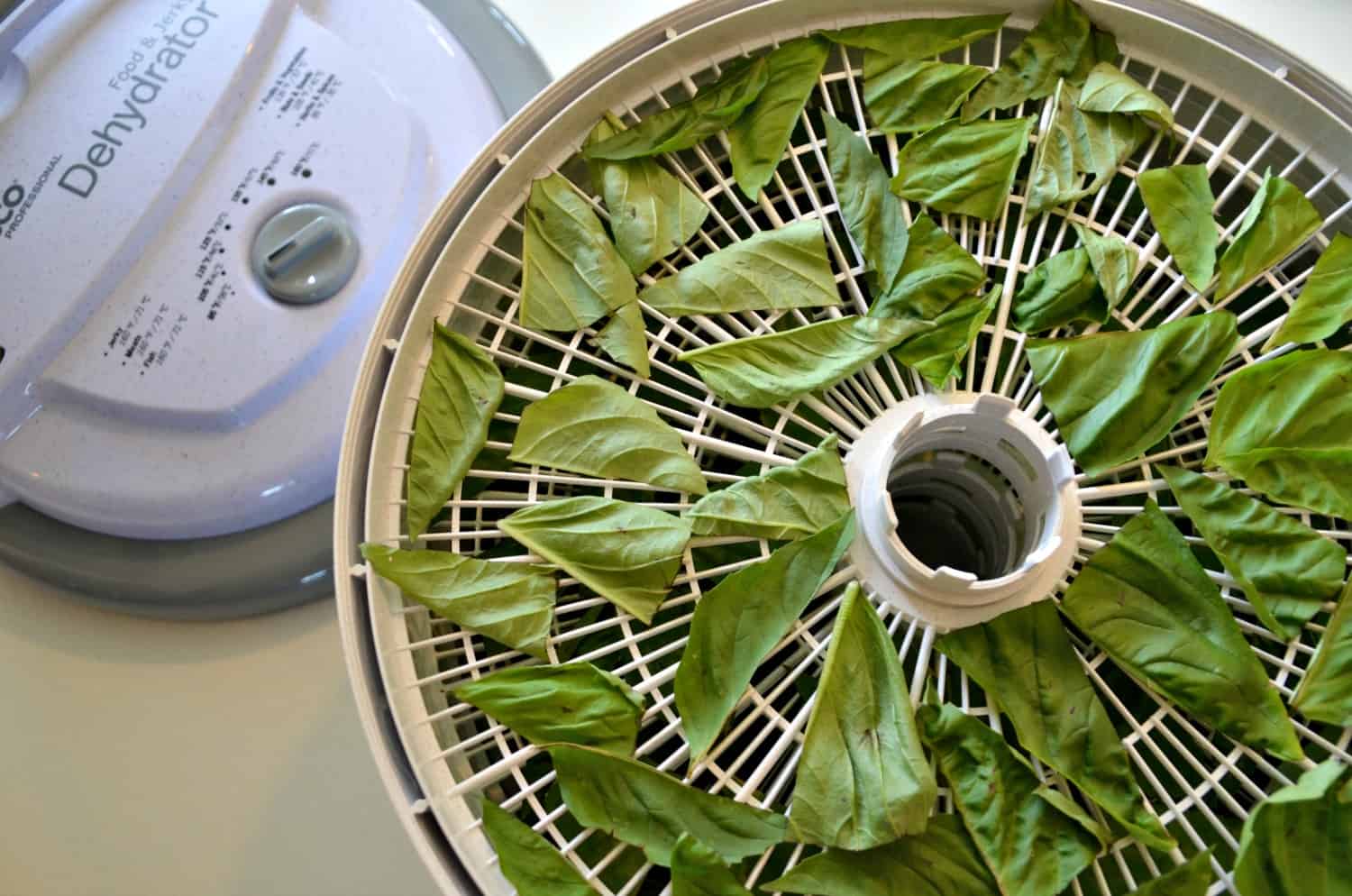
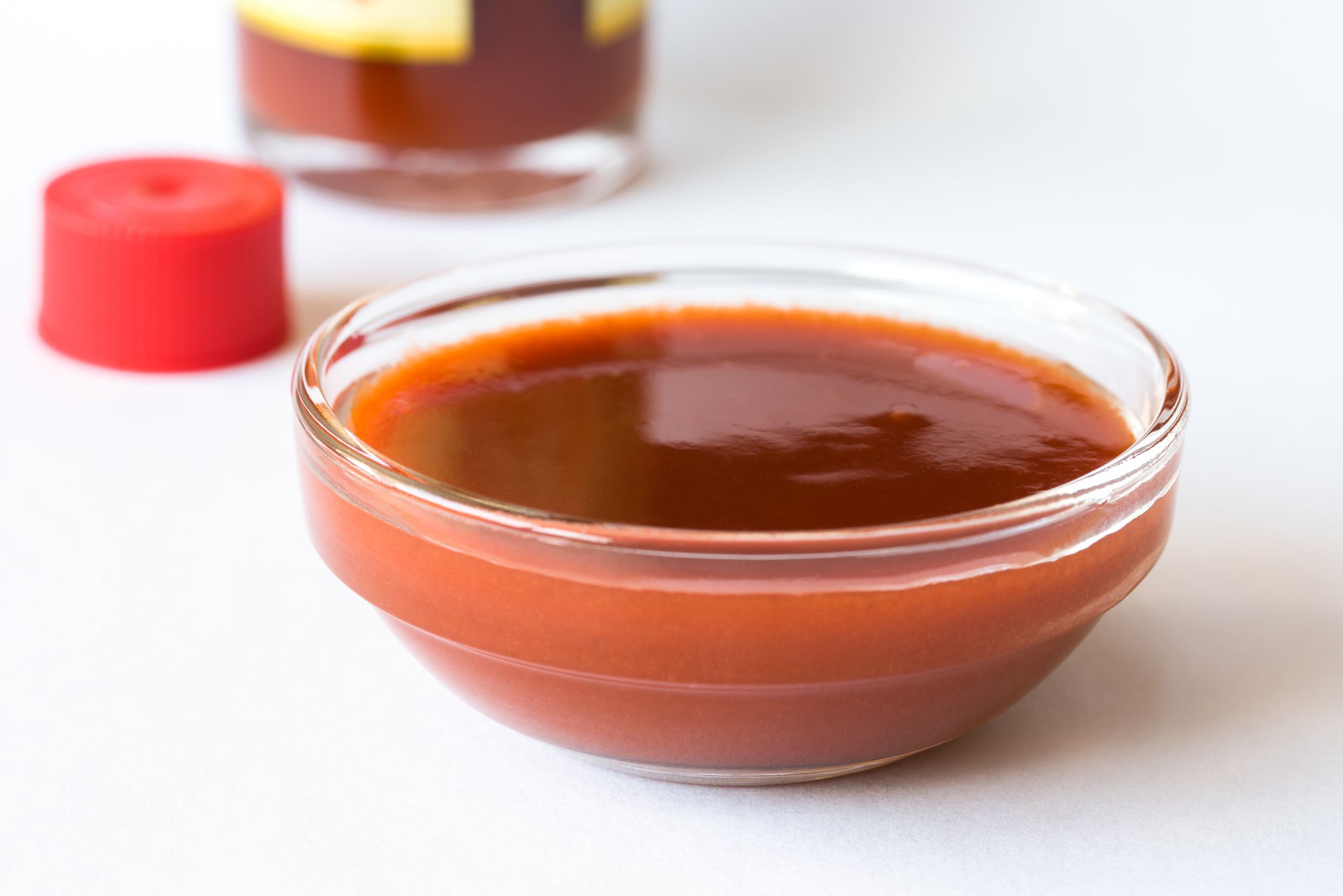
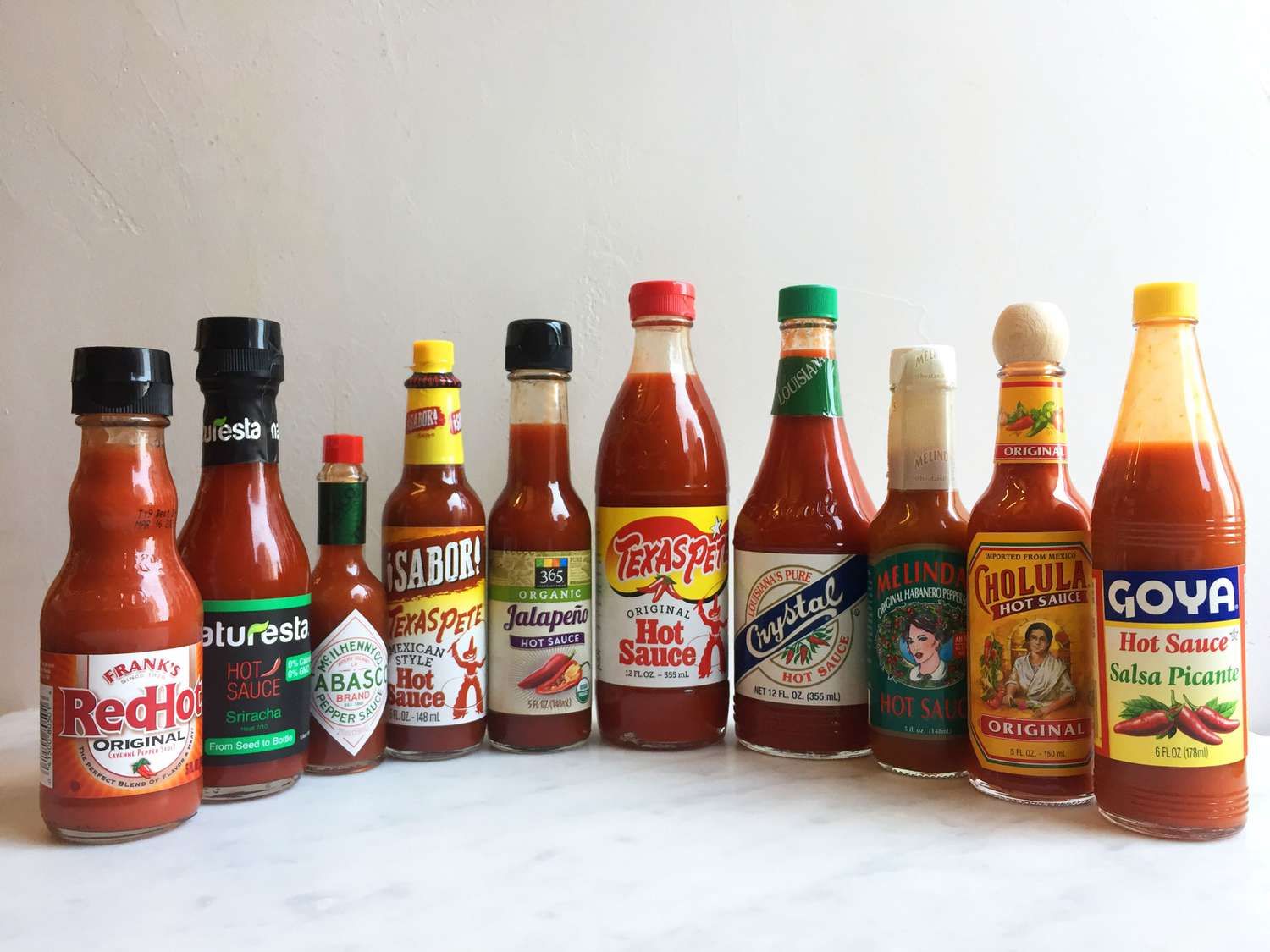
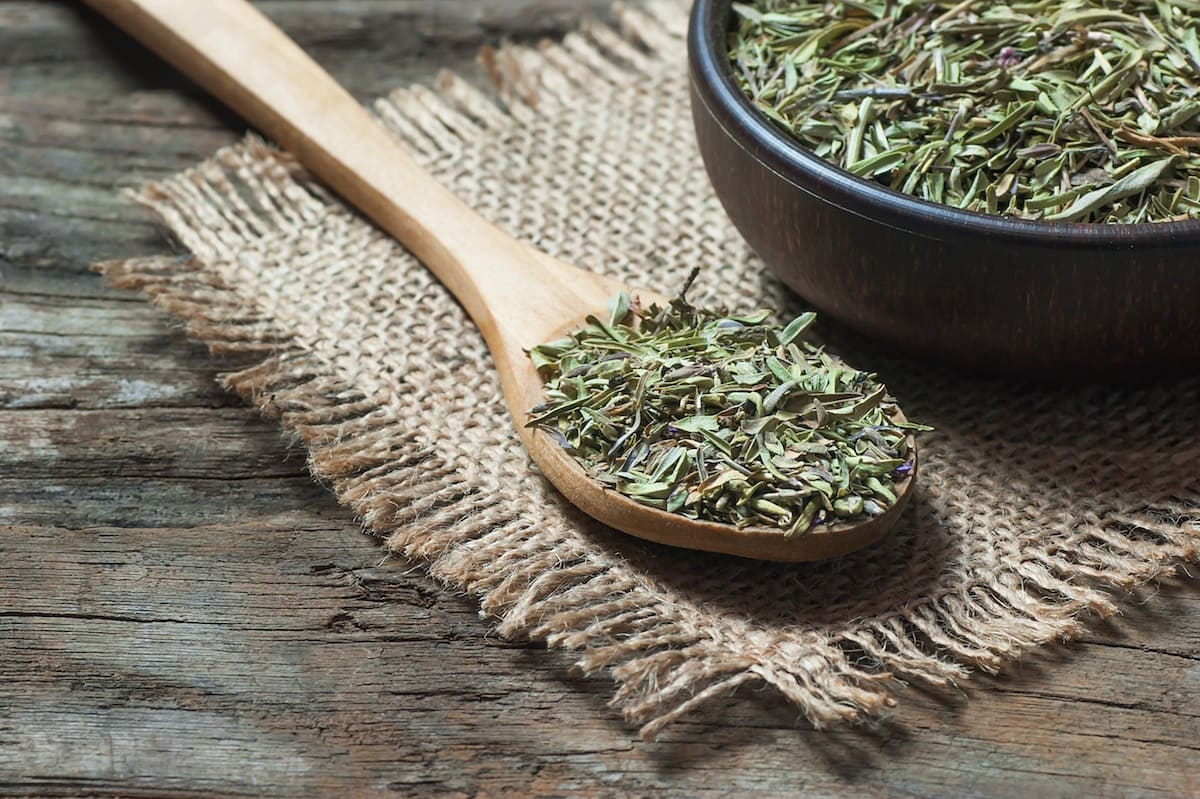

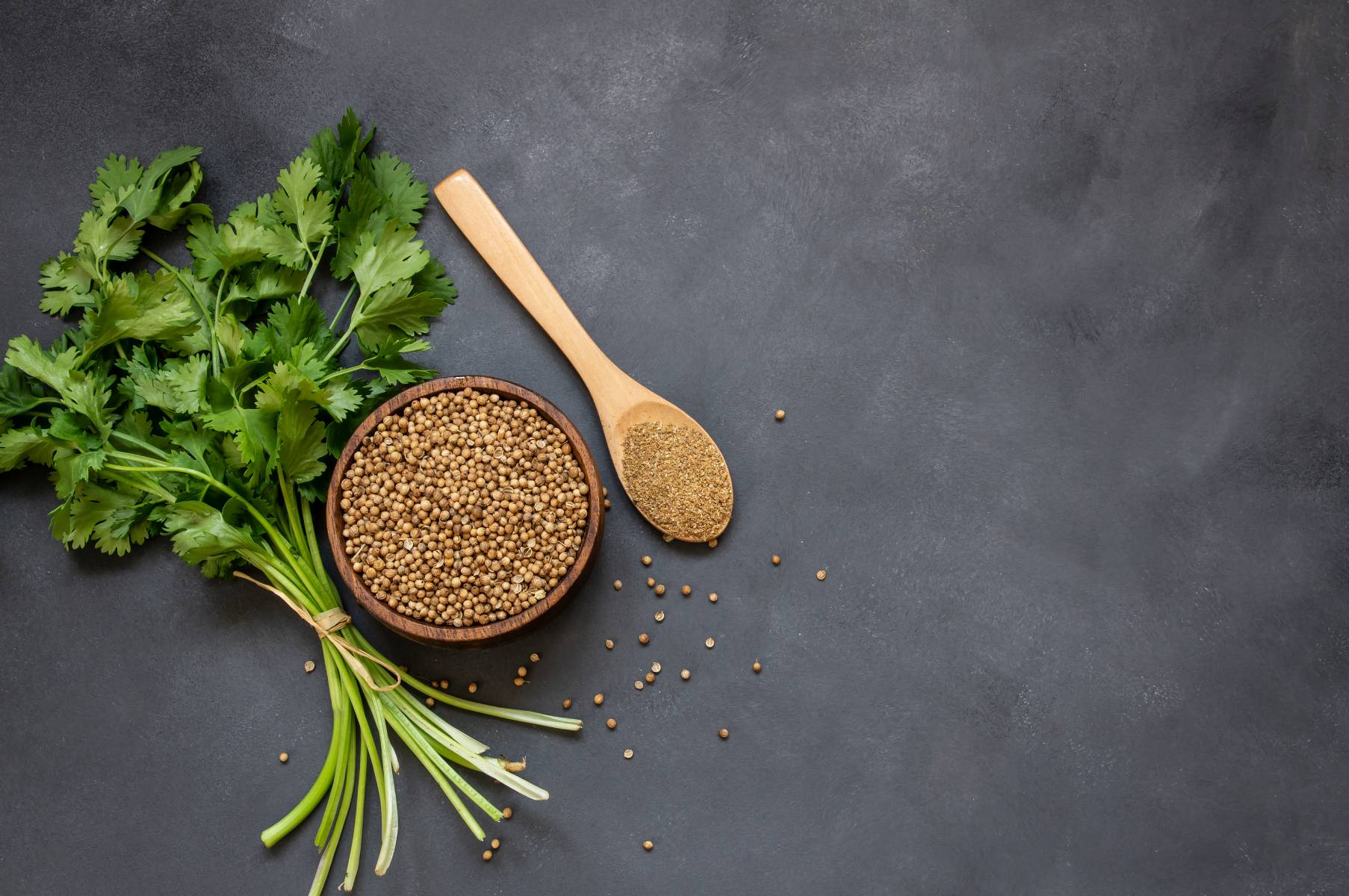
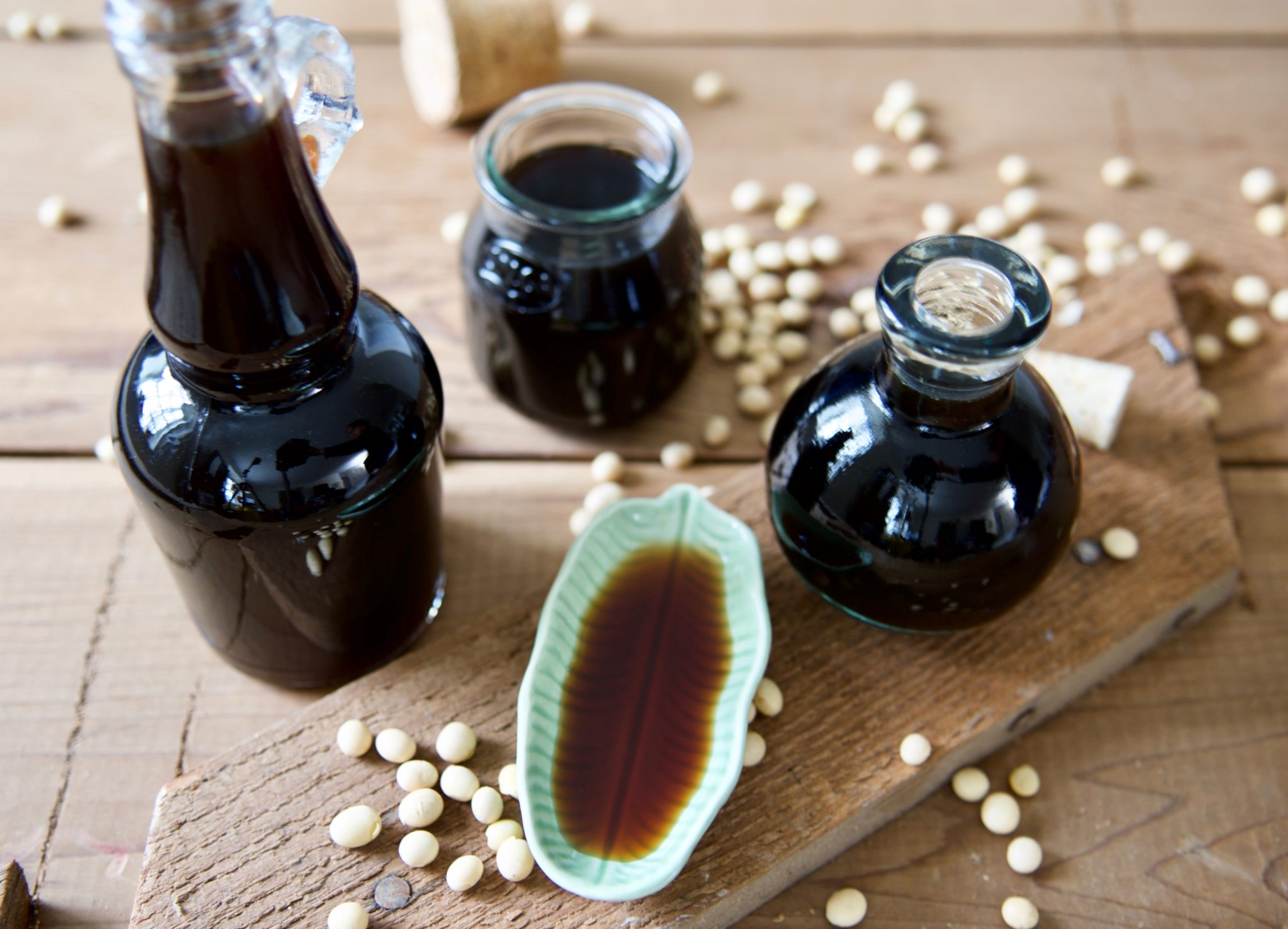
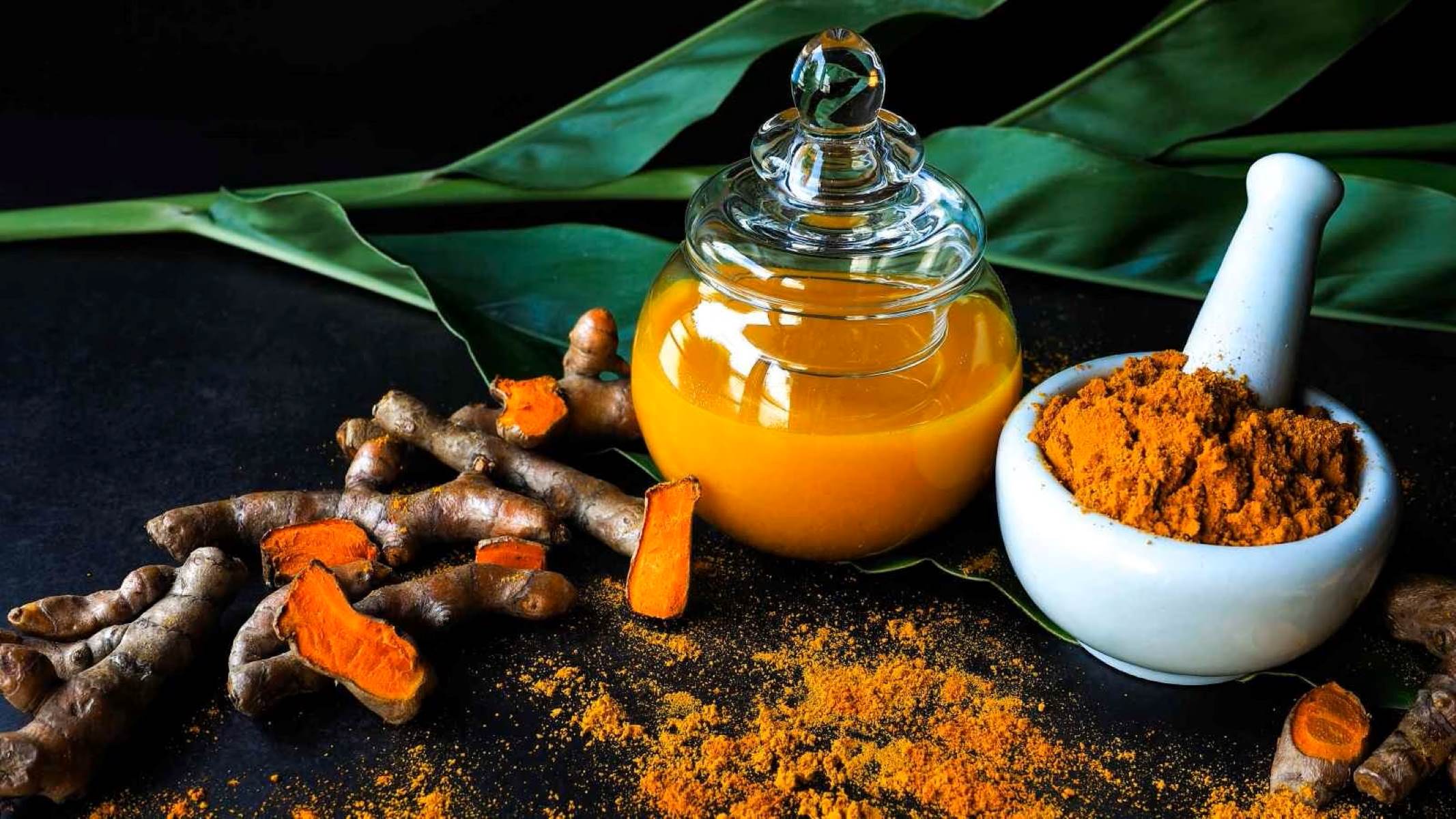

0 thoughts on “How To Store Herbs And Spices”